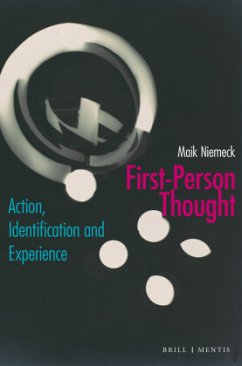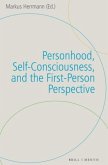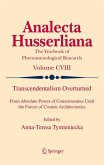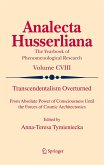The book offers new answers to two central questions that have been heavily debated, especially in recent years, in the debate on so-called de se skepticism: Is there something special about first-person thinking? And how does it relate to other forms of self-consciousness? The answer to the first question is a resounding "yes." This assertion is justified by the double-reflexive structure, motivational force, and specific concern that first-personal thinking involves. Regarding the second question, the book concludes that there are non-linguistic forms of self-consciousness. However, these should not be understood as representational contents or non-relational properties, but as mental relations that, without themselves being represented, can contribute to the phenomenal character of conscious states. In this respect, the book also provides a justification for the rarely considered impure intentionalism.
Bitte wählen Sie Ihr Anliegen aus.
Rechnungen
Retourenschein anfordern
Bestellstatus
Storno








